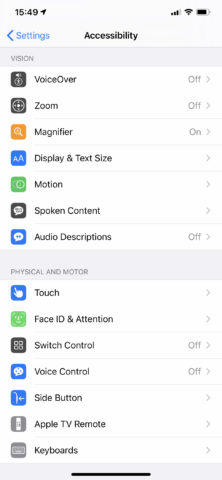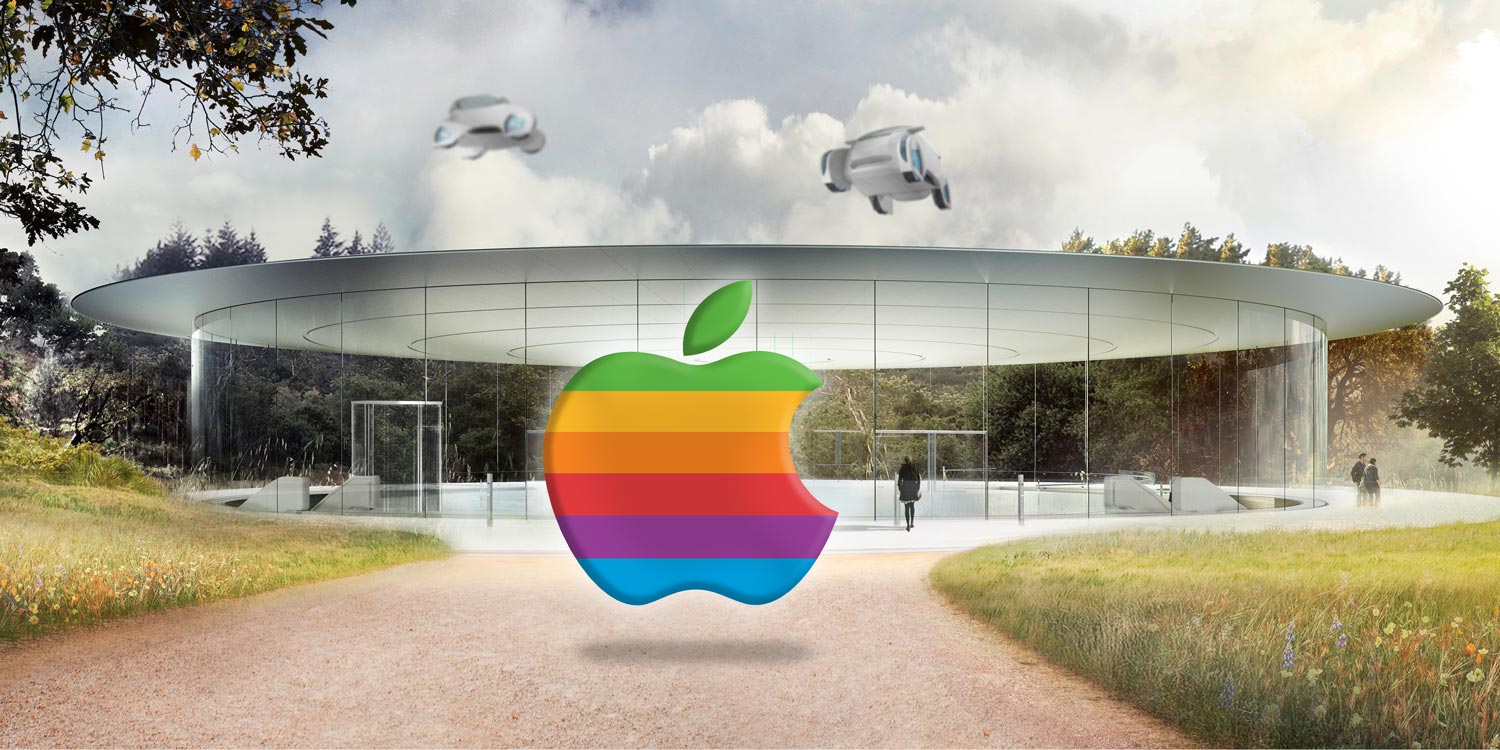Technology, ideas, and principles we’d like to guide Apple’s next decade
Over the past ten years, Apple has massively changed — although that might not be apparent when you look at the tech giant’s hardware. After all, most of what we use today existed in some form during the early 2010s. But as the decade progressed, iPhone and iPad alike received a range of new form factors, Apple Watch arrived, and Apple increasingly focused on services.
This feature considers what’s next from Apple. But rather than the fruitless task of guessing what tech the iPhone 25 will include (holographic projection and a personal privacy-oriented teleporter, obviously), we’re keen to explore the thinking, concepts, and guiding principles we’d like Apple to use during the decade to come.
Fully embrace modular computing
Increasingly, people use a smartphone as their only computer, because it does ‘just enough’. The thinking behind the recent iPad Pro revamp was it could do more. Twinned with the right hardware, it’s a laptop. As a standalone device, it’s a tablet.

Apple should take this concept to its logical conclusion, enabling mobile devices to be fully modular computers. iPad is almost there already: with full external display support, it could become a capable desktop when connected to a larger screen. But there’s no reason iPhone shouldn’t work similarly, as a device that’s pocketable when you’re on the move, and the brains of a modular computing system when docked at a place of work.
Encourage exciting apps
There’s an app for that. The phrase is overused, but it’s increasingly true on iPhone and iPad, regardless of the task you wish to perform. Need desktop-grade photo editing? Try Affinity Photo. Fancy working with 4K video footage, with all the bells and whistles of a pro-level app? Grab LumaFusion.
We take this kind of thing for granted — iPhone and iPad have always been about encouraging people to do more. But that’s not the case elsewhere — Android has a notable paucity of ambitious high-quality apps. Still, we’ve also noticed the App Store of late failing to surface great new apps. Apple must redouble efforts, encouraging app creators, and guiding device owners to the very best of them.
Prize people over everything
A key Apple differentiator is that you are the customer. (With other tech companies, you are often the product sold to advertisers.) Such a relationship often ensures Apple puts people at the heart of its efforts.
This is particularly apparent in the Apple Watch’s pivot toward wellbeing and health, after an initial year or so as something more akin to a fashion accessory. It also drives the company’s leading stance — at least among major tech players — on privacy.

There are issues, though: Apple’s shift to services; a desire to be very profitable; the conditions under which modern tech is made. The future Apple must address these concerns — and always remember what it means to be human.
Avoid rushing to market
Apple events sometimes give you the impression Apple invented everything in tech. The reality is Apple’s rarely first — and that’s typically a good thing. It means we get products when they are ready to launch, rather than the company clamoring to beat others to market — but potentially rushing and releasing substandard hardware.
This is why Apple must continue to resist commentators who slam the company for not having released folding tablets, smart cars, or whatever other gadget they’ve decided is going to be the next big thing. Being at the bleeding edge sometimes wins you headlines, but too often such early products are little more than brave failures — or just flat-out awful.
Double down on accessibility
One of the most welcome recent changes to the Settings app on iPhone and iPad is Accessibility no longer being ‘buried’. It’s now a top-level category, alongside the likes of Notifications and Battery. This makes it easy to get to features that assist people who have additional vision, physical and hearing requirements.

Apple’s made the odd blunder in accessibility — notably when the radical redesign for iOS 7 caused motion sickness among many users. But especially on iPhone and iPad it’s since been responsive and innovative, increasing the number of people who can comfortably use Apple devices. This journey must continue — ‘access for all’ is perhaps an impossible target, but that should nonetheless be Apple’s aim.
Make Siri a contender
A video recently appeared that compared Siri’s dictation responsiveness with Google’s. The iPhone lagged while an Android device returned transcribed words in close to real-time.
Siri has other problems, too, including a tendency towards snark and jokes rather than information, and issues with accuracy and basic understanding. Commentators opine why Siri is lagging, but all the user cares about is the end result. If Apple doesn’t want Siri to be the dunce in the corner at virtual assistant school, it needs to up its game.
(Related: perhaps Apple can also figure out whether or not it wants to compete in the home — Amazon’s Alexa and Google Assistant are everywhere. Siri is very much not.)
Bundle Apple services
Apple now has a range of services, albeit of varying levels of quality and success. You can also indefinitely rent an iPhone by way of the upgrade program. However, users increasingly have subscriber fatigue due to being asked to sign up to too much stuff.

A way around this for Apple — and to keep the cash rolling in — would be to bundle everything up for those who want to go all-in: one monthly payment in return for every Apple service (and effectively unlimited iCloud storage) and a new phone every year.
Don’t stretch the company too thin
Our final hope for the next decade of Apple is that it remains ambitious, but doesn’t try to do too much. Modern-day Apple has been criticized for software quality issues, and odd lapses in joined-up thinking.
Apple’s teams must have the capacity to match the company’s ambitions, without being stretched beyond breaking point. If this means ditching a major iOS/iPadOS upgrade every year, so be it. However Apple heads into the future, it must be on a firm footing that will keep quality levels high, rather than fighting fires that were avoidable.

